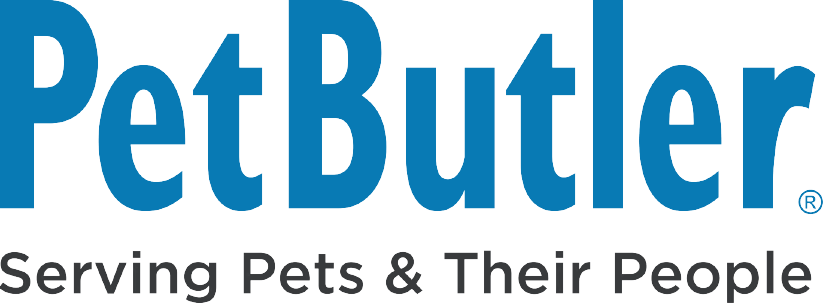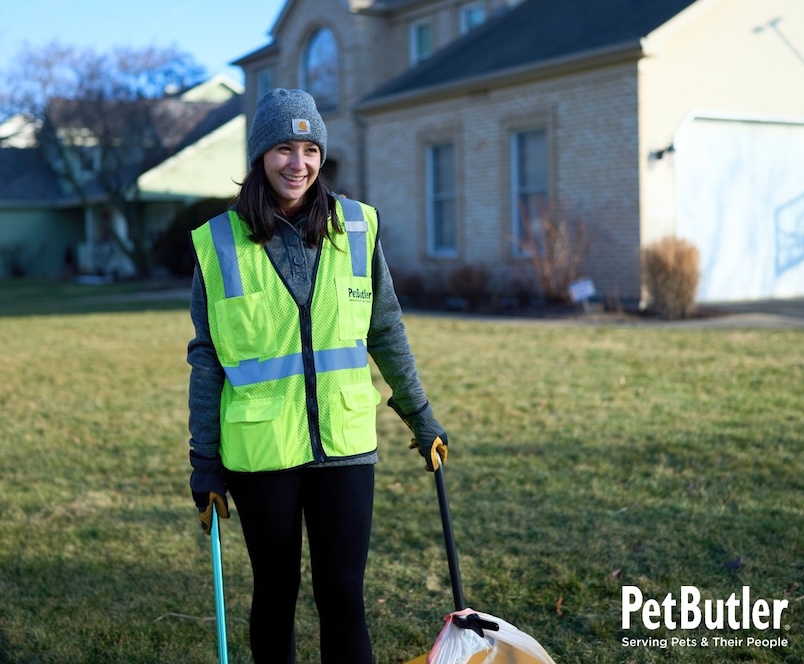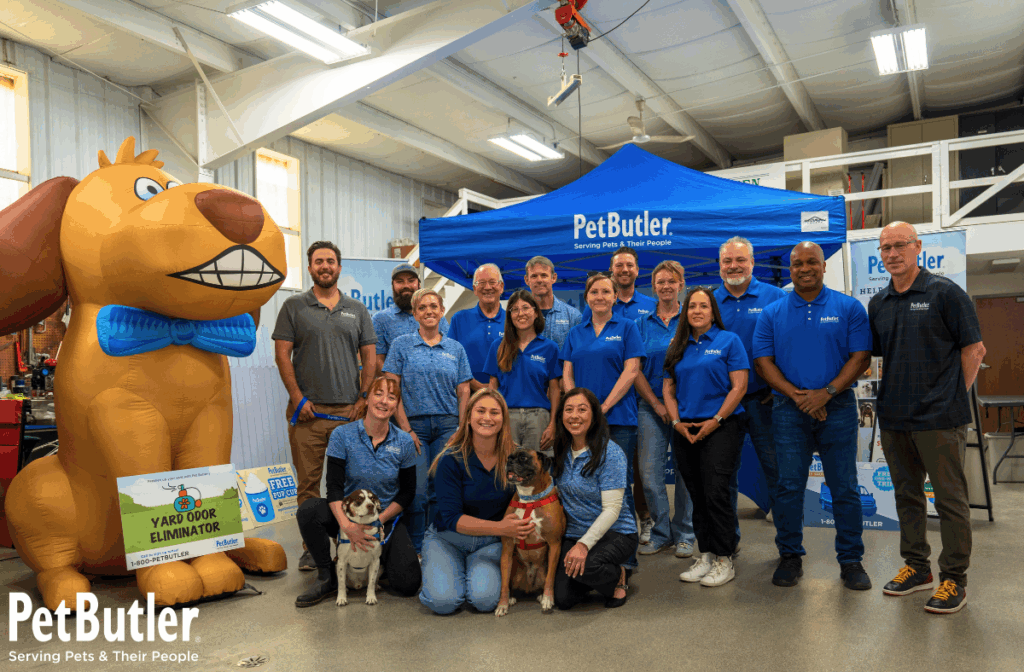NextGen Breeding: Where Technology Meets Selection in the Dog Care Industry
The world of dog breeding is undergoing a significant transformation, with technological advancements playing a crucial role in shaping the future of canine genetics and health. For those in the pet care industry, including Pet Butler franchisees, this evolution impacts not only the health and well-being of the dogs they serve but also the broader dynamics of supply and demand in the dog adoption and ownership landscape.
The Growing Demand for Dogs
Recent data underscores a surge in demand for dogs, particularly among Millennials and Gen Z adults. An estimated 91.9 million individuals in these demographics are considering adopting a dog within the next five years. This demand significantly outpaces current acquisition rates, as only 4.6 million dogs are acquired annually from shelters and breeders combined. Meanwhile, 2.6 million dogs are sold by USDA-licensed and unlicensed breeders yearly. This growing disparity highlights the need for innovative breeding and adoption strategies to meet future demand responsibly.
Addressing Dog Abandonment and Improving Match Quality
While the desire for dog ownership grows, challenges persist. Annually, 3.1 million dogs are abandoned at shelters, with 1.4 million owners citing poor “match quality” as the leading reason. This mismatch often stems from a lack of informed decisions during the adoption or purchase process. The financial implications are also significant, with $4.2 billion wasted annually due to failed adoptions, equating to approximately $3,000 per dog.
Advancements in Breeding Practices
To address these challenges and improve outcomes for both dogs and owners, the breeding industry is embracing cutting-edge technologies:
Genetic Testing and Health Screening
Modern breeding practices now incorporate advanced genetic testing and health screening techniques. These methods allow breeders to:
- Identify potential genetic disorders before breeding.
- Make informed decisions about pairing dogs.
- Reduce the likelihood of hereditary diseases in offspring.
For pet care professionals, including Pet Butler franchisees, this means healthier client dogs with fewer genetic health issues, leading to improved long-term care and reduced veterinary costs for pet owners.
Artificial Intelligence in Breeding Programs
AI is revolutionizing breeding programs by:
- Analyzing vast amounts of genetic data.
- Predicting optimal breeding pairs.
- Forecasting potential health outcomes of puppies.
These advancements allow breeders to make precise decisions, resulting in healthier, more genetically diverse dog populations. For dog care professionals, this translates to healthier clients and potentially longer lifespans for the pets they serve.
Reproductive Technologies
Advancements in reproductive technologies, suchInnovations in reproductive technologies, such as artificial insemination, embryo transfer, and semen freezing, enable greater flexibility and genetic diversity in breeding programs. These advancements also preserve rare genetic lines, offering opportunities to care for unique and specialized breeds.
Implications for the Dog Care Industry
For those considering a Pet Butler franchise or already in the dog care sector, these advancements present both opportunities and responsibilities:
- Long-term Business Impact: Healthier, longer-lived pets foster lasting client relationships, enhancing business sustainability.
- Enhanced Service Offerings: Understanding breeding technologies enables you to provide more informed care and advice to clients.
- Specialized Care Needs: Sophisticated breeding techniques may result in dogs with unique health considerations, requiring specialized expertise.
- Client Education: Educating pet owners about responsible breeding practices can improve match quality and reduce abandonment rates.
- Market Differentiation: Staying informed about these advancements can set your business apart, attracting clients who prioritize their dogs’ genetic health.
Bridging the Gap Between Demand and Supply
As this recent data highlights, the future of dog ownership hinges on balancing growing demand with responsible dog breeding practices. By integrating technological advancements and focusing on informed adoption processes, the industry can address issues such as abandonment and match quality, ultimately reducing financial waste and improving outcomes for pets and owners.
For Pet Butler franchisees, staying informed about these trends is not just a strategic advantage but a necessity. By aligning with these innovations, you can better serve the evolving needs of your clients and their pets, contributing to a healthier and more sustainable dog care ecosystem in the future.









